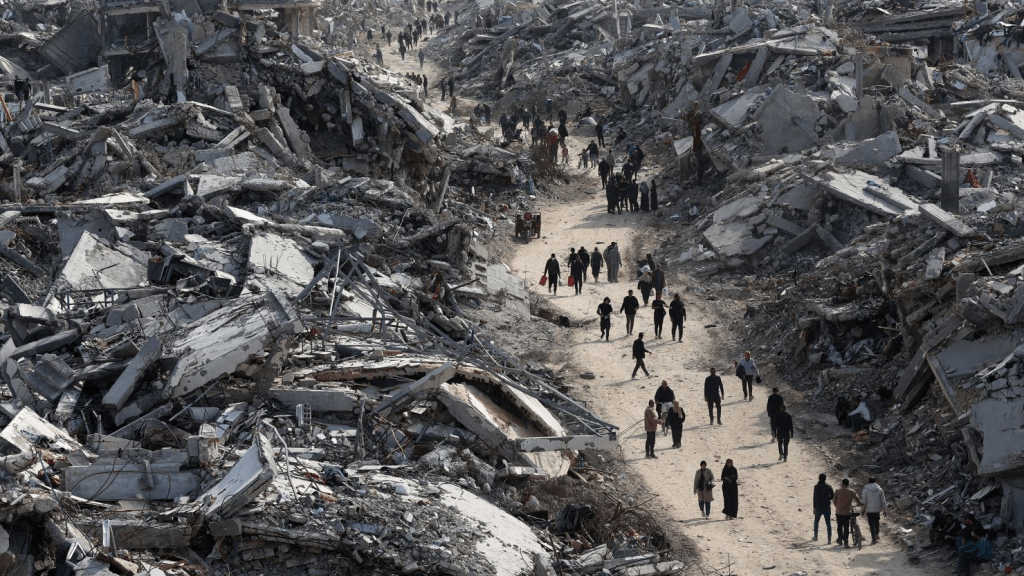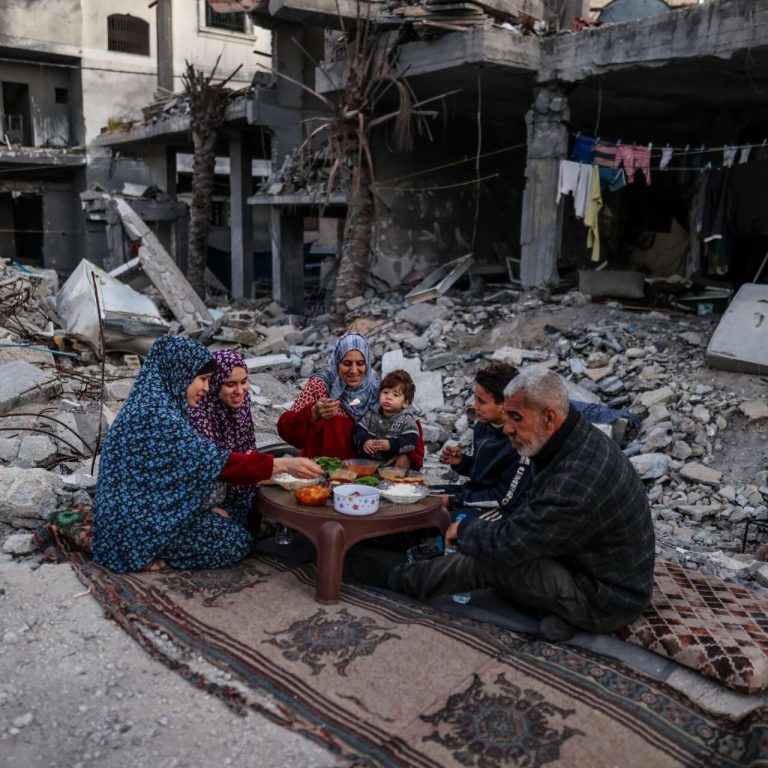Hamas has agreed to a new ceasefire and hostage exchange proposal brokered by Egypt and Qatar. The plan outlines a 60-day truce and partial hostage releases, while opening the door to broader talks on a permanent ceasefire. The decision comes as Israel presses ahead with its military campaign in Gaza City, despite growing global calls to stop the genocide.
The Ceasefire Proposal
The proposal includes a 60-day suspension of military operations in Gaza. During this period, a prisoner exchange would take place: 10 living Israeli detainees and 18 bodies—half of the 36 held—would be released in return for more than 100 Palestinian prisoners.
The truce would also allow a surge of humanitarian aid into Gaza, where civilians face severe shortages. During this pause, negotiators would work toward a broader and lasting settlement.
Senior Hamas official Basem Naim confirmed the group’s approval in a Facebook post, writing: “The movement has accepted the new proposal from the mediators. We pray that God extinguishes the fires of this war on our people.”

Egypt’s Role as a Mediator
Egypt took the lead in the mediation efforts, working in coordination with Qatar. Egypt has positioned itself as more than just a mediator, but as a guarantor of the process, emphasizing its central role in preventing forced displacement, ensuring the flow of aid, and upholding Palestinian rights

Israeli Position
Israel has yet to issue an official response. Prime Minister Benjamin Netanyahu has repeatedly insisted on the release of all hostages at once, rejecting phased exchanges. While he did not directly address Hamas’s acceptance in his latest remarks, he suggested the group was “under immense pressure.”
Earlier this month, Israel approved a plan to escalate its military operations and occupy Gaza City.

Conditions on the Ground in Gaza
Reports from Gaza City describe heavy bombardment and tank advances, particularly in the Sabra neighborhood. Civilians continue to flee in large numbers, as shortages of food, medicine, and shelter deepen the humanitarian crisis. The provision for uninterrupted aid in the proposal is seen as critical to easing immediate suffering.

Public Pressure in Israel
Public opinion inside Israel has added to the pressure for a deal. On Sunday, August 17, tens of thousands of demonstrators filled Tel Aviv and other cities, demanding the release of hostages and an end to the Gaza genocide. Protesters staged strikes, blocked major roads, and packed Hostages Square in one of the largest rallies since the genocide began.

Conclusion
Hamas’s acceptance of the ceasefire proposal marks a significant turning point. If Israel agrees, the deal could bring a temporary halt to the bloodshed, provide humanitarian relief, and create conditions for meaningful negotiations.
Egypt and Qatar’s mediation highlights regional efforts to defend Palestinian rights, while growing unrest inside Israel adds further pressure for compromise. The next step now lies in Israel’s official response—one that could decide whether this moment leads to de-escalation or further devastation.
WE SAID THIS: Don’t Miss…UAE & Jordan Airdrop Aid To Gaza As Egypt Delivers By Land



